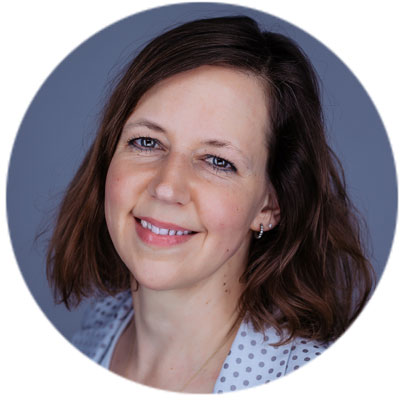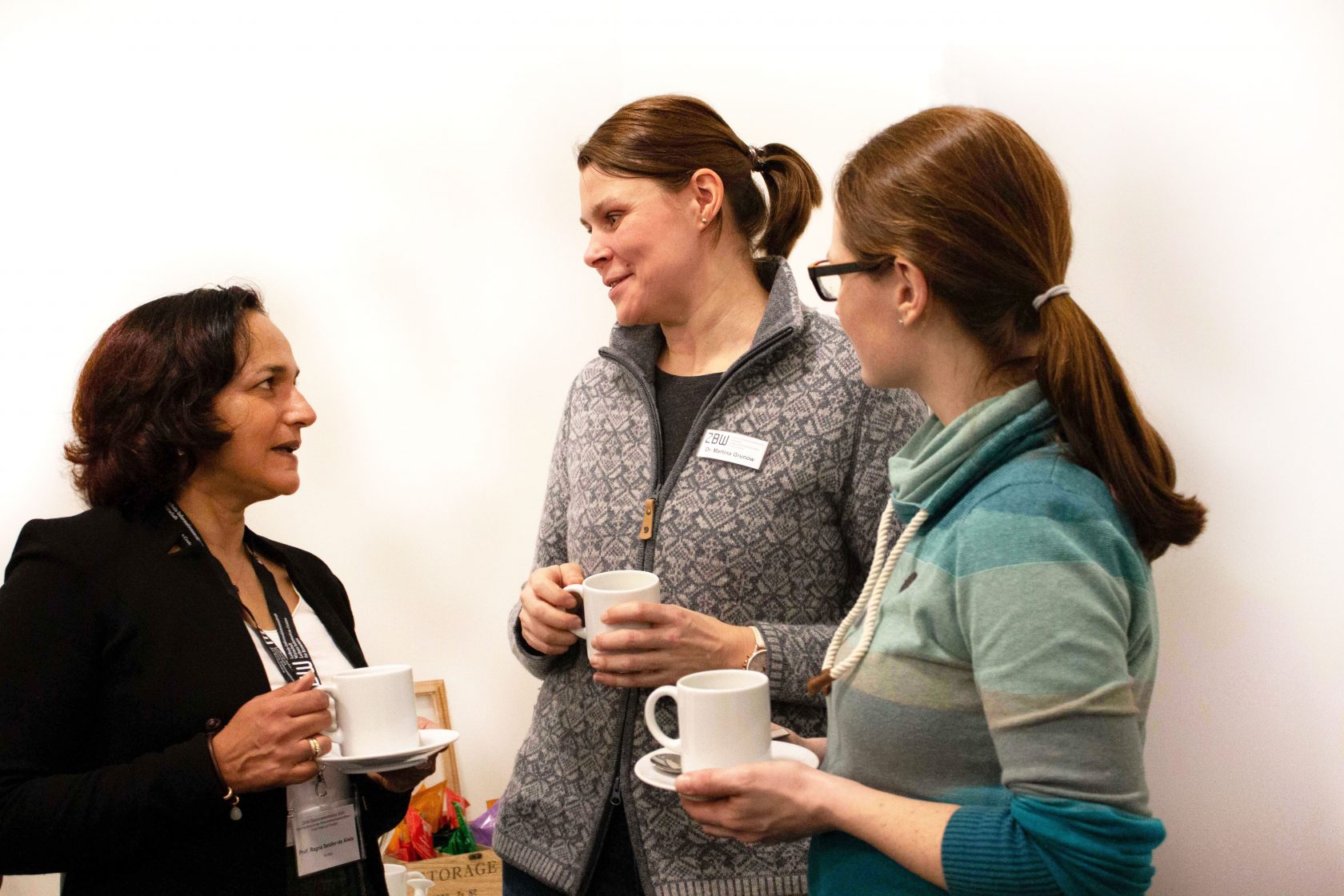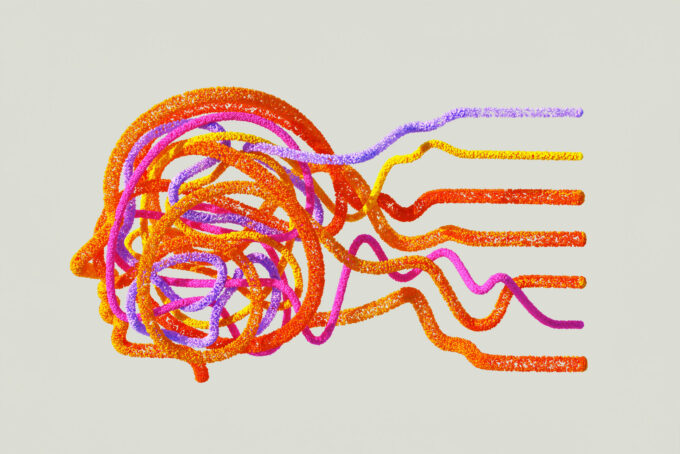
Openness Profile Interim Report: What Libraries Could Take Away
The recently published interim report on the Openness Profile sheds a light on current open research practice and the still perceived barriers. We take a look on the fields of actions that might be important for libraries.
by Birgit Fingerle

Recently, an interim report “Openness Profile: Defining the Concepts“ of the Knowledge Exchange (KE) Open Scholarship Research Evaluation task & finish group was published. This KE group is working on the question how all academic and non-academic contributions that make Open Scholarship work could be recognised when evaluating research. Part of the group’s work is the development of an Openness Profile. This is a tool meant to include and evaluate currently ignored (non-academic) contributions that are essential for Open Scholarship. Among these currently not recognized contributions are activities like opening up and curating data for re-use, or making research results findable and available.
Could an Openness Profile foster Open Research?
The report gives on the one hand an overview of strategies, barriers, and community needs regarding openness. On the other hand it examines how an Openness Profile could enable openness and fairer research evaluations. Interviews with 19 research contributors, both research conductors as well as research supporting professionals like technicians, librarians, data stewards or project managers form the basis of the report. Following the interim report, the Knowledge Exchange group will test the Openness Profile concept further during a stakeholder workshop. The workshop will be followed by a final report, which is supposed to contain further advice on developing the Openness Profile tool.
Being able to provide evidence of openness is a need of many of the interviewees. So, one possible use case of the Openness Profile would be to help them to fulfil this task. Another use case a lot of the interviewees saw is to enable people to get currently not credited work credited in the future. One more use case would be using the Openness Profile as part of annual reviews.
Enthusiasm for Open Science as well as frustration with the current system
The analysis found a significant enthusiasm for open research among the interviewees as well as a high level of frustration with the current system of incentive structures and cultural inertia. As a consequence interviewees showed a strong desire for changing the system of valuing contributions to scholarship and also who is credited.
Barriers to openness lead to frustration on the part of many interviewees. Most often systemic inertia was cited as a source of frustration. The whole system seems to be hard to change. This is caused by ingrained incentives, outdated value structures, network effects and a lack of driving force for change, with no stakeholder group being willing to take responsibility.
In the following paragraphs we focus on community needs cited in the interim reports’ results which could be supported by libraries and information infrastructures to foster open research practices:
Offer training
Half of all interviewees cited a need for training. This is not surprising given the fact that many practitioners feel the need to adopt new workflows and learn new skills, for instance to make their data interoperable or to utilise new communication channels. The most frequently mentioned skill was coding, especially using open source coding languages like Python and R.
Alleviate researchers’ burden
Several ideas emerged that addressed some of the barriers mentioned by interviewees. For instance, the researcher burden issue might be alleviated if there were more data stewards. Another researchers’ burden is having to enter information into multiple systems or websites. This could be alleviated if researchers would have to input metadata or upload outputs only once and then this would be propagated automatically through all systems they need to interact with. This stresses the importance of integrating existing scholarly communication solutions like ORCID or DOI. Furthermore a quarter of all interviewees mentioned a need for better metadata and the lack of a generally accepted standard for institutional identifiers was seen as a barrier.
Create a taxonomy of open research tools
The creation of a taxonomy of tools used by practitioners of open research would enable the curation and categorization of contributions. Many of the interviewees named classes of open research tools, rather than specific tools. The most frequently cited specific tool for open research was Github, which also emphasises that computer code is an increasingly important scholarly output.
Support underserved output types
Half of the interviewees mentioned research articles and software or computer code, making those the most popular forms of output. By contrast only five of the interviewees mentioned research data. But the processes, tools and resources that enable handling large numbers of different types of data and very large data sets emerged as a theme. And a lack of clarity on how to make data FAIR became apparent.
by Birgit Fingerle
Recently, an interim report “Openness Profile: Defining the Concepts“ of the Knowledge Exchange (KE) Open Scholarship Research Evaluation task & finish group was published. This KE group is working on the question how all academic and non-academic contributions that make Open Scholarship work could be recognised when evaluating research. Part of the group’s work is the development of an Openness Profile. This is a tool meant to include and evaluate currently ignored (non-academic) contributions that are essential for Open Scholarship. Among these currently not recognized contributions are activities like opening up and curating data for re-use, or making research results findable and available.
Could an Openness Profile foster Open Research?
The report gives on the one hand an overview of strategies, barriers, and community needs regarding openness. On the other hand it examines how an Openness Profile could enable openness and fairer research evaluations. Interviews with 19 research contributors, both research conductors as well as research supporting professionals like technicians, librarians, data stewards or project managers form the basis of the report. Following the interim report, the Knowledge Exchange group will test the Openness Profile concept further during a stakeholder workshop. The workshop will be followed by a final report, which is supposed to contain further advice on developing the Openness Profile tool.
Being able to provide evidence of openness is a need of many of the interviewees. So, one possible use case of the Openness Profile would be to help them to fulfil this task. Another use case a lot of the interviewees saw is to enable people to get currently not credited work credited in the future. One more use case would be using the Openness Profile as part of annual reviews.
Enthusiasm for Open Science as well as frustration with the current system
The analysis found a significant enthusiasm for open research among the interviewees as well as a high level of frustration with the current system of incentive structures and cultural inertia. As a consequence interviewees showed a strong desire for changing the system of valuing contributions to scholarship and also who is credited.
Barriers to openness lead to frustration on the part of many interviewees. Most often systemic inertia was cited as a source of frustration. The whole system seems to be hard to change. This is caused by ingrained incentives, outdated value structures, network effects and a lack of driving force for change, with no stakeholder group being willing to take responsibility.
In the following paragraphs we focus on community needs cited in the interim reports’ results which could be supported by libraries and information infrastructures to foster open research practices:
Offer training
Half of all interviewees cited a need for training. This is not surprising given the fact that many practitioners feel the need to adopt new workflows and learn new skills, for instance to make their data interoperable or to utilise new communication channels. The most frequently mentioned skill was coding, especially using open source coding languages like Python and R.
Alleviate researchers’ burden
Several ideas emerged that addressed some of the barriers mentioned by interviewees. For instance, the researcher burden issue might be alleviated if there were more data stewards. Another researchers’ burden is having to enter information into multiple systems or websites. This could be alleviated if researchers would have to input metadata or upload outputs only once and then this would be propagated automatically through all systems they need to interact with. This stresses the importance of integrating existing scholarly communication solutions like ORCID or DOI. Furthermore a quarter of all interviewees mentioned a need for better metadata and the lack of a generally accepted standard for institutional identifiers was seen as a barrier.
Create a taxonomy of open research tools
The creation of a taxonomy of tools used by practitioners of open research would enable the curation and categorization of contributions. Many of the interviewees named classes of open research tools, rather than specific tools. The most frequently cited specific tool for open research was Github, which also emphasises that computer code is an increasingly important scholarly output.
Support underserved output types
Half of the interviewees mentioned research articles and software or computer code, making those the most popular forms of output. By contrast only five of the interviewees mentioned research data. But the processes, tools and resources that enable handling large numbers of different types of data and very large data sets emerged as a theme. And a lack of clarity on how to make data FAIR became apparent.
About the author:
Birgit Fingerle holds a diploma in economics and business administration and works at ZBW, among others, in the fields innovation management, open innovation, open science and currently in particular with the “Open Economics Guide”. Birgit Fingerle can also be found on Twitter.
Portrait, photographer: Northerncards©
View Comments

Workshop: How to Make Open Science Practice Attractive in the Economic Sciences
Despite general sympathy with the Open Science principles, they have not been widely...



